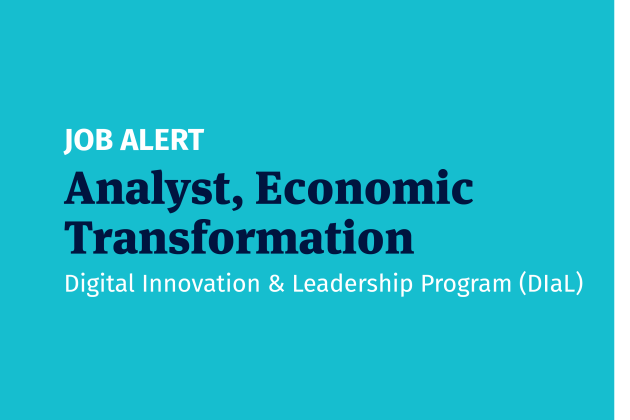“I’ll give either of you five dollars if you know what HTML means,” our CEO said to a colleague and I, as we sat in his office.
It was the day before the HTML500 learn-to-code event, and he was demonstrating how little people knew about coding. He had caught me cold. I learned some basic HTML in the ’90s when I was managing an online news service in the Bay Area, but all I remembered on the spot was that L was “Language.” I hadn’t been the site programmer then, so I hadn’t really needed it, and certainly hadn’t needed it since.
Or had I?
That was the question I set out to answer when I signed up to participate in the HTML500. The VEC was sponsoring the event, so I was involved in preparation. Yet I also volunteered to help with the VEC sponsorship activation on-site, and to do the actual coding.
I figured that I would spend most of my time helping with the VEC’s communications on-site, and do just a bit of coding, so that I could meet some people and better write about what they got out of it. As I sat through the opening speeches about the power of coding though, a quote by Jeremy Shaki, founder of Lighthouse Labs, the group organizing the event, struck me: “The app you don’t create is one that the world loses.”
It was a powerful idea. Since my first brush with the web in the ‘90s, I’d watched Information and Communications Technology transform each of the fields I travelled – journalism, marketing and sustainability. Even areas that ICT hadn’t yet turned upside down, I’d conjured up ideas about how it might. The more I saw and learned, the more excited I got – the potential really did seem endless.
Without coding skills though, or connections to big name venture capitalists or hungry web developers who might help bring them to life, those ideas sat idle. What might I have created if my classmates and I had learned to code, alongside reading, rock climbing and speaking French, when I was the age of my five-year-old daughter? What might I have created if I had learned to code when I was the age of 11-year-old Jonah? He sat next to me with only his laptop and Rubik’s cube after his father dropped him off, and seemed as stoked to be there as the little “groms” I used to see learning to surf in Southern California.
The world has watched a lot of ideas come and go with the internet, so who knows if one of mine might have gone anywhere, even with all the right backing. Jeremy inspired participants with another truism that day though, this time quoting basketball great Michael Jordan: “You miss 100 percent of the shots you don’t take.”
So I plunged into the assignment – to create a company page. My wife and I had created a website recently using the code-free web building tool Squarespace. Their web pages were beautiful, and customer service outstanding, but we always got frustrated by the templates’ limits. I knew the one I made in the next four hours wouldn’t be as beautiful at those. I thought I’d see how far I could get anyway.
As with starting anything new, the hardest part was starting. Once we all got to tinkering on our pages, it wasn’t any more difficult or easier than learning to cook, ski or build a cabinet. I made some progress, hit some walls, got help and kept going. By the end of the day, I had a landing page with decently-fonted text, colors, images that I had plucked from my desktop and a call to action button – my first hint of interactivity.
I had to shut it down to help with the career fair that we were sponsoring, but I was certainly a little more knowledgeable about what coding was all about, a little less intimated about doing it and most importantly, I had a ton of fun, which meant that I would probably keep at it.
When I got home, I showed my daughter the page I’d built. Her scream surprised me: “Can I build a web page with you, can I build a web page with you?” It was a question that continued the next morning. I plan to continue learning to code in the coming weeks, but if I never learn enough to bring one of my own big ideas to life, it doesn’t matter. I know enough to get my daughter started, and give her the opportunity to one day see hers take flight.
The one thing we hadn’t learned at the HTML500 was the meaning of HTML. Maybe they thought everyone knew it by now, or that there were more important things for us to remember. Either way, our CEO had given us the answer (Hyper Text Markup Language), and dismissed my request for $1.25 for knowing one of the letters.
Eric Unmacht is Communications Strategist for the Vancouver Economic Commission.
Photo source: Lighthouse Labs



